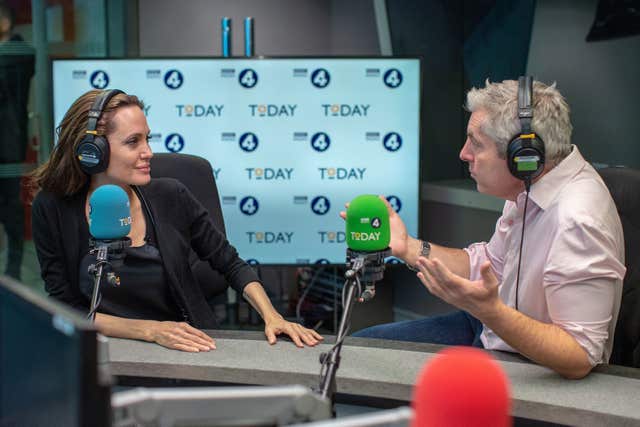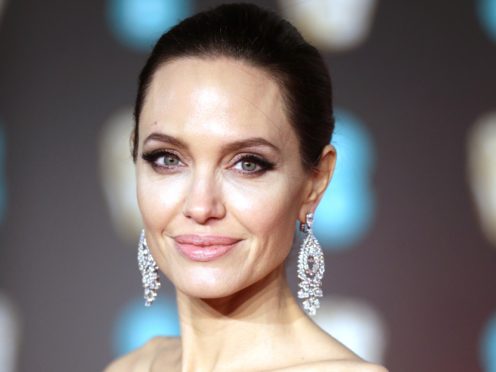Angelina Jolie will join the BBC for a series of special programmes to introduce young people to truth rather than opinion.
The Hollywood star and United Nations special envoy is to work with the BBC World Service as a producer for a series of educational shows for children.
Jolie will seek to improve media literacy with the partnership on the new programme, Our World, with the piloted current affairs show planned to span 10 weekly episodes.
The actress and humanitarian campaigner has called spoken of the need for reliable source in a media landscape clouded by fake news.

She said: “There has never been a time when it was more important to introduce the next generation to objective, impartial news and factual explanation of the events and issues shaping our world.
“Children today are exposed to a lot of opinion, but not necessarily to information that is fact-based and reliable.
“As a mother, I am very pleased that the BBC World Service is taking this step. It is also important to me that the project is global, and will help young people in different countries to be connected to each other and to have greater awareness and understanding of the news on an international basis.”
The programme will be aimed at children aged seven to 12, and will attempt to offer an international awareness, as well as providing the tools to critically assess media.
The BBC announced it will seek to spread the programme format around the world to increase the number media literate young people.
BBC World Service director Jamie Angus added: “No parent can completely isolate their child from fake news. But what we can do is give kids the tools to distinguish the genuine from the false and encourage them to develop critical thinking.”
